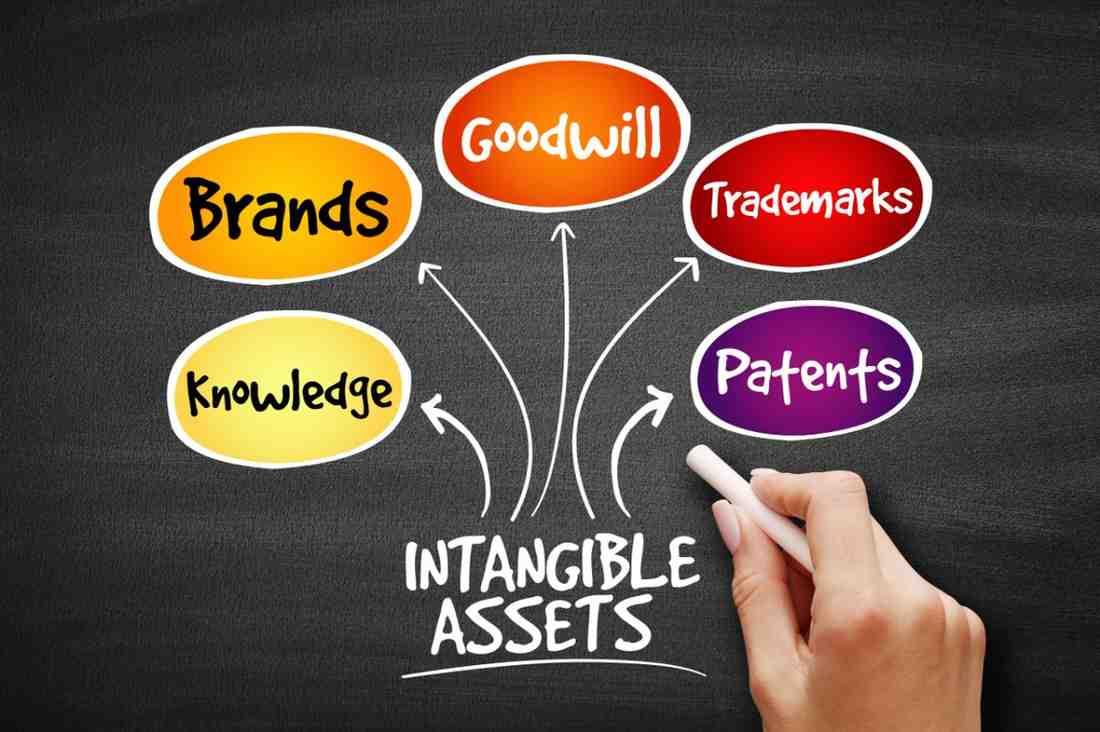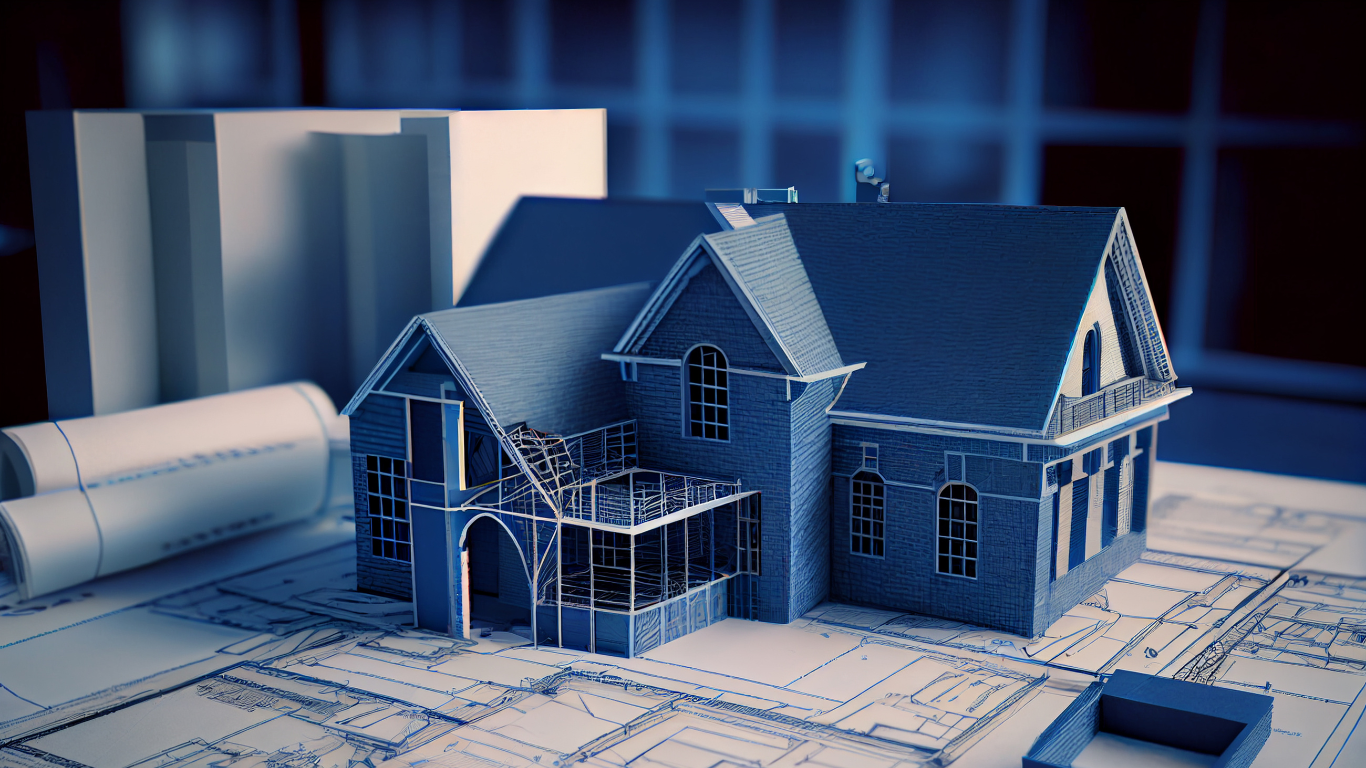Commercial properties typically offer higher rental yields, with leases that are often longer in duration.
-min.png)
1. Higher Income Potential
One of the most compelling benefits of commercial property investment is the potential for higher income compared to residential properties. Commercial properties typically offer higher rental yields, with leases that are often longer in duration. Tenants in commercial spaces are usually businesses that require stability and are willing to pay a premium for prime locations, resulting in a steady and significant income stream for investors.
2. Long-Term Leases
Commercial properties generally have longer lease terms, ranging from five to ten years or more. These extended leases provide investors with predictable and consistent cash flow over a more extended period. This stability is beneficial for financial planning and reduces the risk of frequent tenant turnover, which can be costly and time-consuming.
3. Professional Tenants
Tenants in commercial properties are typically businesses rather than individuals. These professional tenants often have a vested interest in maintaining their leased spaces, ensuring the property remains in good condition. This dynamic reduces the likelihood of property damage and enhances the overall value of the investment.
4. Diversification
Adding commercial real estate to an investment portfolio can provide valuable diversification. Real estate generally does not correlate directly with the stock market, meaning it can help mitigate risk during economic downturns. Diversifying with commercial properties can stabilize an investment portfolio and reduce overall volatility.
5. Appreciation Potential
Commercial properties have significant potential for capital appreciation. As the demand for commercial spaces increases, so does the value of well-located and well-maintained properties. Strategic improvements and developments can further enhance property value, offering substantial returns on investment over time.
6. Tax Benefits
Investing in commercial property comes with various tax advantages. These can include deductions for mortgage interest, property depreciation, operating expenses, and even certain capital improvements. These tax benefits can significantly reduce the overall tax burden, increasing the net return on investment.
7. Inflation Hedge
Real estate, including commercial properties, is often considered an effective hedge against inflation. As the cost of living rises, so do rental incomes and property values. This inflation-linked growth helps protect the investor's purchasing power and ensures that the investment continues to yield positive returns in real terms.
8. Control and Customization
Investors in commercial properties have considerable control over their investments. They can choose to make improvements, redevelop the property, or change its use to align with market demands and trends. This level of control allows investors to enhance property value actively and adapt to changing economic conditions.
9. Lower Vacancy Rates
Prime commercial properties often enjoy lower vacancy rates due to their desirable locations and high demand from businesses. With strategic property management and tenant selection, investors can maintain high occupancy levels, ensuring a continuous revenue stream.
10. Leveraging Opportunities
Commercial property investments offer ample opportunities for leveraging. Investors can use borrowed capital to finance their property purchases, amplifying their potential returns. With commercial properties, lenders are often more willing to provide favorable loan terms due to the lower risk associated with longer lease terms and stable rental income.
Conclusion
Commercial property investment presents numerous advantages, from higher income potential and long-term leases to tax benefits and lower vacancy rates. These benefits make it an attractive option for investors seeking to diversify their portfolios, achieve financial stability, and maximize returns. By understanding the intricacies of commercial real estate and leveraging its unique opportunities, investors can make informed decisions that yield substantial long-term rewards.
Frequently Asked Questions (FAQs)
What types of commercial properties are best for investment?
The best commercial properties for investment depend on various factors, including location, market demand, and the investor's financial goals. Common types include office buildings, retail spaces, industrial properties, and multi-family residential units.
How can I finance a commercial property investment?
Financing options for commercial property investments include traditional bank loans, commercial mortgages, private lenders, and real estate investment trusts (REITs). Each option has its pros and cons, and the best choice depends on the investor's financial situation and investment strategy.
What are the risks associated with commercial property investment?
Risks include market fluctuations, tenant turnover, property management challenges, and economic downturns. Mitigating these risks involves thorough market research, effective property management, and maintaining a diversified investment portfolio.
How do I find the right commercial property to invest in?
Finding the right commercial property involves researching market trends, evaluating property locations, assessing potential returns, and working with real estate professionals who specialize in commercial properties. Due diligence is crucial to identify properties with strong investment potential.
What is the average ROI for commercial real estate investments?
Returns on commercial property investments can vary widely based on location, property type, and market conditions. Generally, investors can expect higher yields than residential properties, often ranging from 6% to 12% or more annually.
What are the tax consequences of owning commercial real estate?
Tax implications include potential deductions for mortgage interest, property depreciation, operating expenses, and capital improvements. Investors should consult with a tax professional to understand specific tax benefits and obligations related to their commercial property investments.



































.png)
-min.png)
-min.png)
-min.png)







.png)









